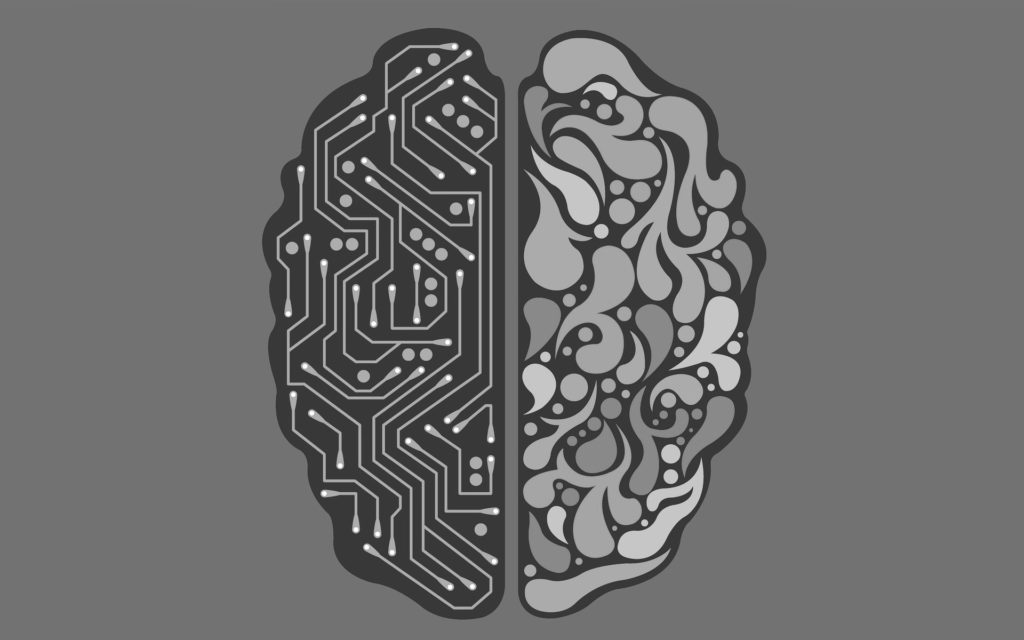AI and the Future of MBA Programs

As the future of work becomes more and more automated, MBA programs are beginning to integrate technological innovations to prepare their students for the new realities of running a business. From lectures on algorithm-driven decision making to full-blown partnerships with computer science and engineering programs, these schools are working hard to prepare our future leaders for the future of business.
But while the application of innovative technology is (generally) fairly straightforward to teach, the bigger question is, what does leadership look like in an AI-powered age? What does it mean to manage when most of the work is automated?
A recent Business Because article argues that, as machine learning and automation continue to pervade business, leadership skills will actually become more crucial as leaders are required to manage the fear rapid change induces among employees and weigh the benefits of improved efficiency against its social costs.
“More than ever, managers will need to manage the fear that change induces while also pushing their companies forward. Business leaders who ignore the organizational and cultural effects that this kind of rapid change can cause will inevitably face a crisis.”
Jeremy Petranka, Duke Fuqua School of Business
as quoted in Business Because
We couldn’t agree more.
Though leaders will be more and more responsible for integrating technology to improve business processes, their traditional, “soft” leadership skills won’t become obsolete anytime soon. In particular, strong communication skills will be more important than ever as leaders provide the insight that gives context and credibility to the ever-growing pool of data and guide uncertain teams through big changes.
“Data does not speak for itself, or rather on its own behalf. Even the most thorough and conclusive data analysis needs to be communicated, trust in the messenger must be established, and desired change requires leadership.”
Thomas Roemer, Director, MIT Leaders for Global Operations
as quoted in Business Because
Fortunately, the very technological innovations that will transform business are already transforming the way MBA programs prepare their students to lead. Machine learning-driven platforms are replacing too-expensive personal coaching and too-generic group workshops to help professors tailor their curricula to their students’ specific needs and empower students to evaluate and improve their most critical leadership skills.
And, if you really think about it, the MBA programs that employ these platforms are giving their students two distinct advantages: they’re providing personalized, detailed insights on leadership skills, and they’re giving tomorrow’s leaders hands-on experience with exactly the kind of technology that’s poised to revolutionize the businesses they’re preparing to lead.
So will today’s MBA students be able to adapt to the AI-driven future of work? If they continue to pair their technological development with high-quality training in traditional leadership skills, you bet they will.